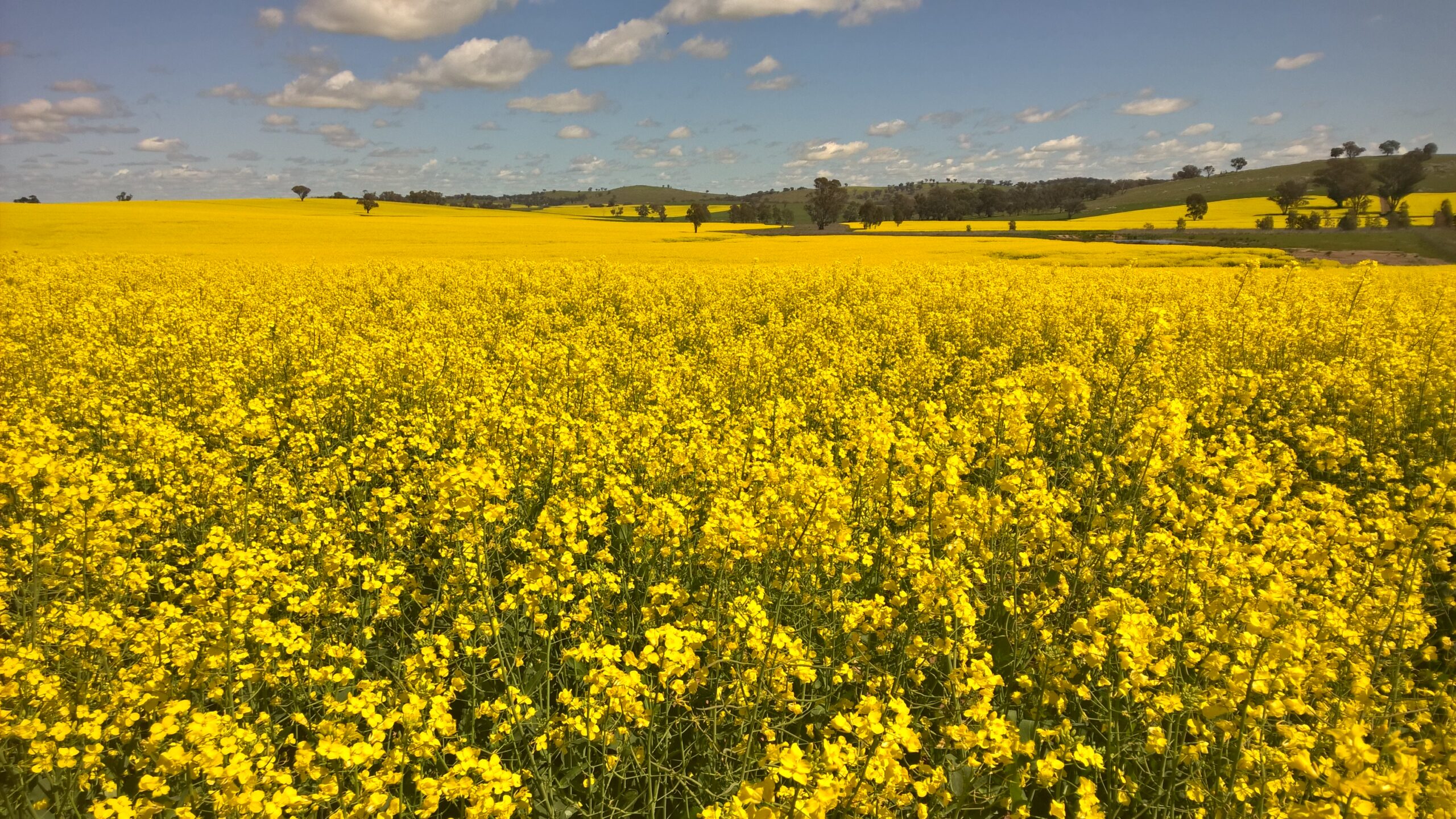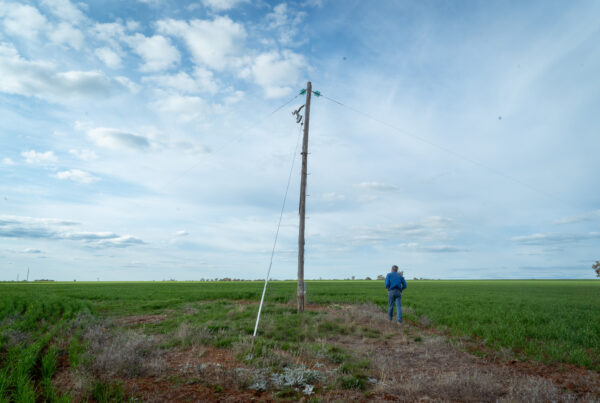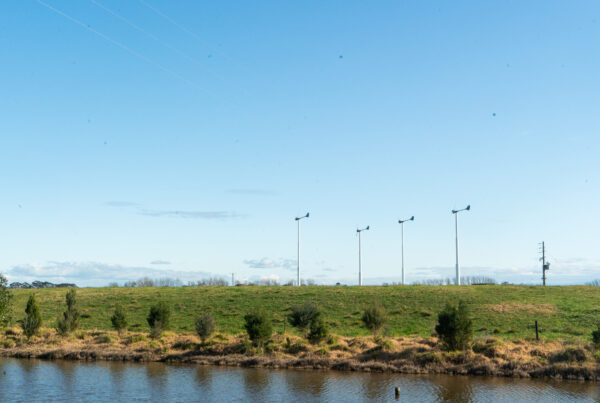12 July 2024
Farmers for Climate Action (FCA) appreciates the opportunity to provide a submission on the proposed Consultation on Future Made in Australia: Unlocking Australia’s low-carbon liquid fuel opportunity.
Key Points
- FCA welcomes policies aimed at decarbonising the sectors of Australia’s economy that are currently dependent on fossil fuels, to achieve deep emissions reductions and reach net zero emissions.
- As both producers of biofuel feedstocks and users of liquid fuels, farmers have an important role in the decarbonisation of fuels.
- FCA recommends investment in research, development, commercialisation and extension, supported by an appropriately skilled workforce, to overcome technology gaps in the development of low carbon fuels for systems that cannot be electrified in the short term.
- FCA urges the government to support the transition to zero emissions technologies in parallel with low carbon alternatives and to ensure that low carbon fuels do not replace or delay investment in zero emissions options.
- Further, FCA cautions that food and fibre production must not be compromised by incentivising the growing of crops purely for low carbon liquid fuels.
About Farmers for Climate Action
Representing over 8,300 farmers and backed by 45,000 supporters nationwide, Farmers for Climate Action recognises the importance of safeguarding the ability of farmers to produce food and fibre for the nation and export, while seeking the deep emissions reductions we need to limit warming to 1.5 degrees if possible. FCA is a movement of farmers, agricultural leaders and rural Australians working to influence Australia to adopt strong climate policies by growing the number of farmers, farming communities and elected representatives championing ambitious action.
General considerations
In order to achieve the deep emissions reductions needed this decade to ensure a safe climate for future generations, FCA urges the government to prioritise the uptake of technologies that are proven and available now. This includes switching to renewable energy and electrifying vehicles and machinery. FCA recognises that low carbon liquid fuels (LCLF) such as renewable diesel and sustainable aviation fuel have a role as transition fuels in systems that are hard to electrify in the short-to-medium term.
In particular, FCA wishes to emphasise that:
- Zero emissions (or, where possible, negative emissions) technologies should be prioritised. While low emissions alternatives have a role to play, policies should not lock in ongoing emissions by delaying the switch to zero (or negative) emissions options.
- The production of biofuel feedstocks has the potential to displace food and fibre production. To ensure the LCLF industry contributes to sustainability goals without compromising food security or nature protection, and to provide additional avenues for farmers to diversify income streams, feedstocks from non-food waste products such as crop residues, rejected crops, and animal manures should be prioritised.
Supply-side recommendations
Farmers can supply feedstocks for the production of LCLF in the form of animal wastes, crop residues and crops produced as biofuel feedstocks.
The size of Australia’s agriculture sector and potential volumes of organic material for biofuel feedstocks represent an area of comparative advantage for Australia in LCLF production. The opportunity to convert agricultural waste into a valuable commodity offers both environmental and economic benefits for farmers and supports the principles of a circular economy.
Incentivising LCLF producers to locate in regions where there is an abundance of potential feedstock materials produced as agricultural and processor by-products, offers community benefits in the form of employment opportunities and strengthening of local economies.
To support the above, FCA recommends:
- Incentivising LCLF producers to locate their operations, in consultation with rural communities, in proximity to sources of agricultural and processing waste streams in order to reduce transport costs and support regional economic development (refer to FCA’s report ‘Farm Powered’ for further information)
- Ensuring fair, secure and profitable supply contracts between LCLF producers and farmers to reduce the risk to farmers of investing in the capacity to harvest and supply feedstock materials
- Assisting farmers with the upfront investments needed to diversify operations into supplying LCLF feedstock materials. Fifty-six percent of farmers surveyed by FCA in 2023 cited high upfront costs and limited access to capital as barriers to investing in new technologies.
- Investing in research, development, commercialisation and extension focusing on suitable crops for LCLF feedstocks (including multi-purpose food and biofuel crops) and methods of sustainable production, as well as integrating production into other diversified and sustainable farm operations.
- Supporting the work currently underway to develop and implement farm emissions accounting tools and methods, to ensure compliance with any requirements of the LCLF supply chain without imposing additional burdens on farmers. Fifty-four percent of farmers surveyed by FCA in 2023 reported challenges with measuring on-farm emissions.
Demand-side considerations
Reliance on diesel and other petroleum-based fuels to power farm equipment and vehicles means that liquid fuels currently represent a significant input cost to farmers. Switching to a more sustainable LCLF could provide farmers with a way to reduce emissions while supporting the growth of the LCLF industry. The use of LCLF for farm machinery and equipment, while preferable to existing fossil fuel sources, should not be incentivised to the detriment of advances in the development and supply of zero emissions farm machinery and equipment. We note and reference a case study provided by Rewiring Aoteoroa of the successful conversion of farm equipment from fossil fuel to electric and urge the Australian Government to support the availability of electric farm equipment and machinery in Australia. Until electric farm equipment becomes more widely available, and for hard-to-electrify equipment such as utility vehicles, and heavy farm machinery, greater use of LCLF by farmers could be encouraged.
In order to achieve this, FCA recommends:
- LCLF should be made available at a cost no greater than the cost of currently available liquid fuels.
- Policies should promote the development of ‘drop-in’ fuels that are compatible with existing equipment to ensure that conversion costs are not a disincentive to uptake of LCLF.
- Consideration should be given to the value-adding of byproducts from LCLF production that may be of value to the agriculture sector while supporting the circular economy principles of fully utilising resources and minimising waste. This may include products such as low carbon ammonia fertiliser, and soil additives made from organic residues.
Ensuring that farmers have affordable access to new technologies that lower their emissions and do not unduly impact productivity is key to allowing the agricultural sector to decarbonise. Low carbon liquid fuels provide an opportunity as a transitional fuel for machinery which cannot be easily electrified, and for farmers to diversify profit streams. Investing in further research and development, and building regulatory frameworks around LCLF’s will ensure their success.
Should you have any questions, or wish to discuss further, please contact me at the details below.
Yours sincerely,
Natalie Collard
Email: [email protected]
Phone: 1800 491 633
Web: farmersforclimateaction.org.au
Post: FCA C/- Melbourne Connect Co-Working, Lvl 2 700 Swanston Street, Carlton VIC 3053






